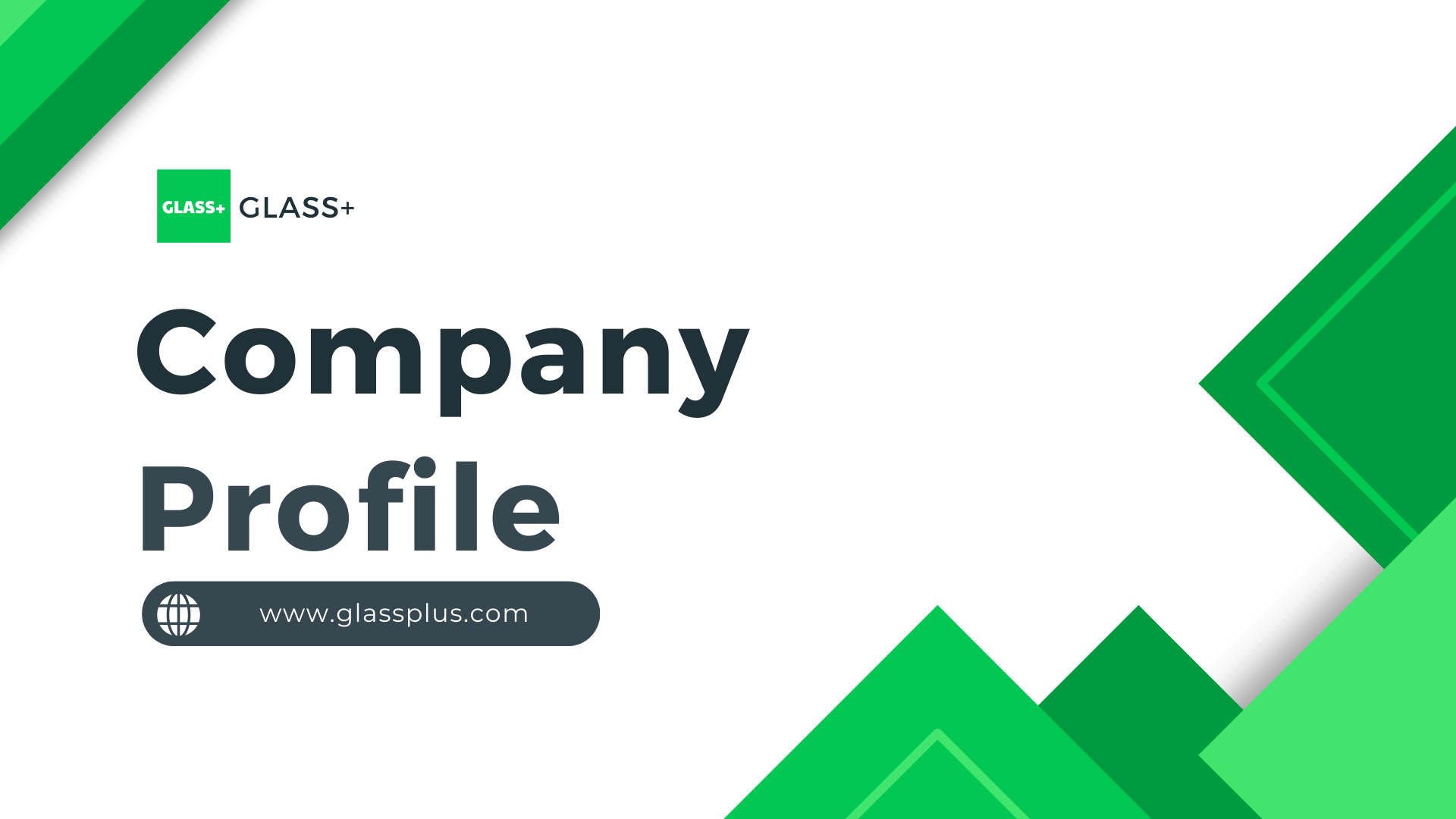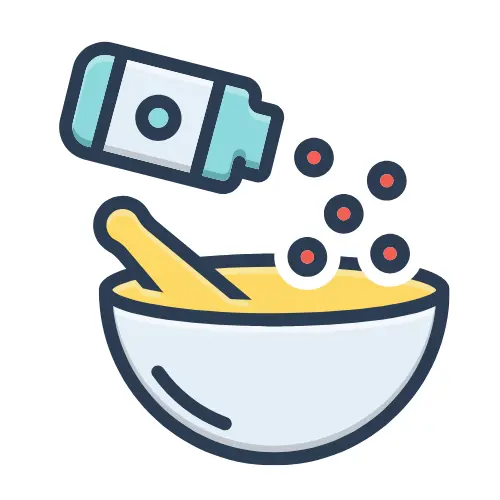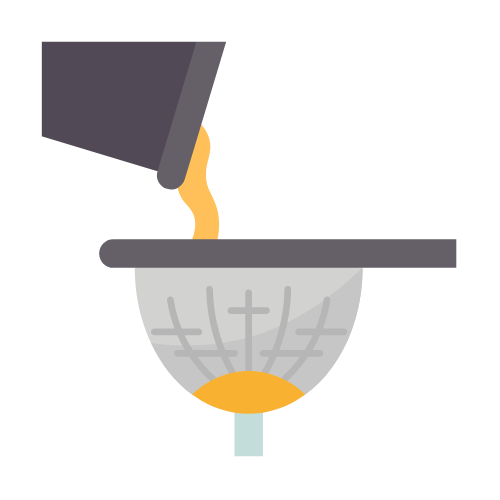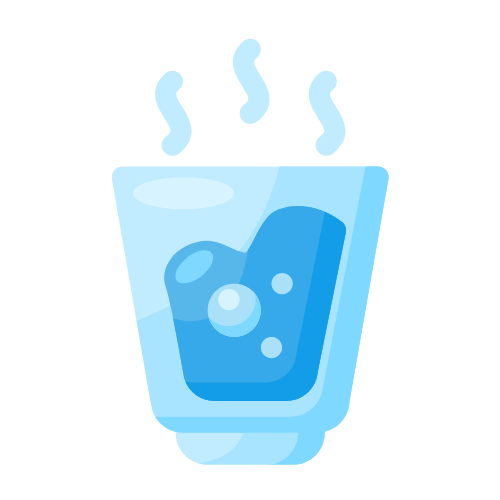-
Intro
-
Embark on a future-oriented career
-
- Quiz
-
-
-
Welcome at GLASS+
-
ERP in general
-
- Quiz
-
-
-
Discovering SAP
-
- Quiz
-
-
-
The importance of team spirit
-
- Quiz
-
-
"Key User" Versus "Consultant" SAP
-
- Quiz
-
-
Business Process at Glass+
-
BONUS : Tips for beginner
-
Fiori, the future of Business ?
-
Functional expertise - Common data
-
🚚 Sales & Distribution (SD) : Lead to Cash Business Process
-
🏭 Production Planning (PP) : Design To Operate Business Process
-
📦Extended Warehouse Management (EWM) : Warehouse and Inventory Business Process
-
🔧 Enterprise Asset Management (EAM) / Plant Maintenance (PM) : Enterprise Asset Management Business Process
-
💳 Material Management (MM) : Source to Pay Business Process
-
Quality Management (QM)
-
Human Capital Management (HCM) : Hire To Retire Business Process
-
💰 Financial Accounting (FI) & Controlling (CO) : Record to Report Business Process
-
Functional competence - Customizing
-
Functional competency - SAP Junior Consultant
-
Technical competence - Introduction to ABAP
-
Technical competence - Roles and authorizations
-
Glass+ : Migration to S/4HANA
-
Clean Core Concept
-
Certification C_IEE2E : SAP Certified Associate - Implementation Consultant - End-to-End Business Processes for the Intelligent Enterprise
-
Job search and preparation
-
Thank You !
Contextualization concept
⏱Reading time: 20 min
Welcome to this new chapter, in which we plunge into the world of the fictitious company GLASS+. After discovering the role of SAP consultant, it's time to contextualize your learning by immersing yourself in a company that will accompany you throughout your training. This approach will enable you to understand SAP concepts and practices more effectively, thanks to case studies inspired by real-life events.

GLASS+ is a leading manufacturer of bottles and other glass containers. Founded in 2008 by Munich-born Thierry Durand, the company has expanded across several European countries. Today, GLASS+ has three production sites in Germany (Munich), France (Toulouse) and Belgium. The Munich site also serves as a general warehouse before products are dispatched to end customers. The group employs over 6,000 people across all its sites.
The implementation of SAP at GLASS+ was overseen by the company's IT Director, Marc Dumont. Thanks to SAP, GLASS+ has been able to optimize and harmonize its production and management processes.
GLASS+ manufacturing process
The GLASS+ manufacturing process consists of several cycles :
Mixing raw materials
The raw materials needed to make glass are mixed in pre-defined proportions.
Fusion
The mixture is melted in furnaces that heat the solution up to 1500°C.
Forming
The molten glass is placed in a mold to obtain the desired shape.
Re-tempering
This step eliminates tension and strengthens the glass.
Surface treatment
Improves glass characteristics.
Quality control
Checks conformity of finished products to GLASS+ standards.
The Importance of Contextualization in Learning
Contextualizing learning using a fictional company like GLASS+ offers several advantages :
-
Realistic Immersion : By immersing oneself in a realistic professional environment, one can better understand the challenges and solutions applied in the real world.
-
Practical Application : Theoretical concepts become more concrete when applied to specific scenarios. This helps with better retention and understanding of the information.
-
Increased Engagement : A captivating story and concrete examples make learning more interesting and motivating.
-
Skills Development : Working on practical cases helps develop analytical and problem-solving skills, which are essential for a SAP consultant.
We have chosen contextualization and immersion for your learning to make SAP concepts more concrete and engaging. However, we would like to hear your opinion. Are you familiar with other learning techniques, and do you think they are more suitable than contextualization ?
Learning technique
I ask you to research and write a paragraph about a learning method of your choice and explain how you would have liked to see it integrated into this training.
Well done.
We have received your exercice !
Now that you have a clear understanding of GLASS+ and how it operates, we will explore how this knowledge can be applied to real-life scenarios. In the next chapter, we will discover a job opening at GLASS+ for a Junior SAP Consultant position that YOU will secure. This job opening will allow you to envision yourself in your future career and understand the required skills and qualifications.
Il n'y a aucune réaction pour le moment.





